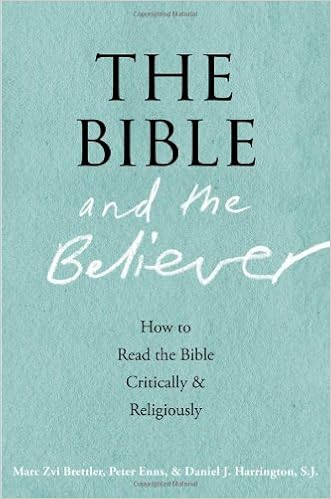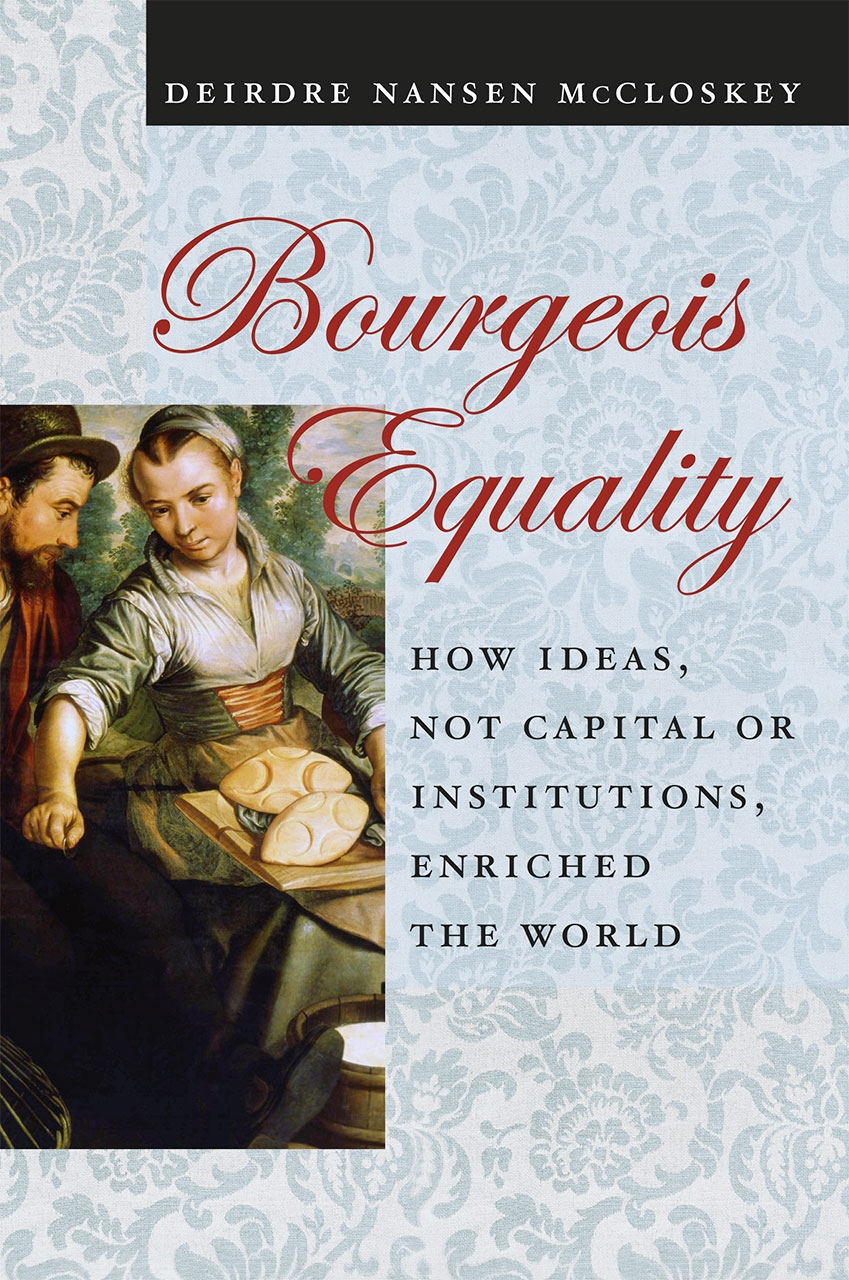This is part of the General Conference Odyssey.
Last year, journalist Roger Cohen wrote this wonderful little insight in The New York Times:
Life is a succession of tasks rather than a cascade of inspiration, an experience that is more repetitive than revelatory, at least on a day-to-day basis. The thing is to perform the task well and find reward even in the mundane…Want to be happy? Mow the lawn. Collect the dead leaves. Paint the room. Do the dishes. Get a job. Labor until fatigue is in your very bones. Persist day after day. Be stoical. Never whine. Think less about the why of what you do than getting it done. Get the column written. Start pondering the next.
The more I look at it, the more I’m convinced that Joseph Smith’s elevation of the mundane–and consequently the everyday tasks that come along with it–was one of his most inspired doctrines and deepest insights into the human condition. It is within the boring that we discover, as the article puts it, our “personal sliver of the divine.” And it is this affinity for the everyday that tends to be one of the most frequent themes in the General Conference talks we’ve covered so far. President Hinckley’s October 1972 address is no different. In it he celebrates the “small day-to-day decisions will determine the course of your lives.” He determines that the ability to “grow in favor with both God and man…is not beyond your capacity. The course of our lives is not determined by great, awesome decisions. Our direction is set by the little day-to-day choices which chart the track on which we run.” Hinckley admonishes his audience, “Be smart…Be clean. Be obedient. Be prayerful. To do so will require a measure of discipline, the exercise of which will bring strength and capacity for great and demanding tasks that lie ahead of you in building the kingdom of God and in filling places of useful service in the work of the world. Your lives will be satisfying and your joy will be eternal.” Day-to-day choices and the discipline to make good ones are what it’s all about. This even extends into the realm of work:
I have concluded that the work of the world is not done by intellectual geniuses. It is done by men of ordinary capacity who use their abilities in an extraordinary manner. As a member of this church you have the obligation to seek learning and to improve your skills. It matters not whether you choose to be merchant, teacher, carpenter, plumber, mechanic, doctor, or to follow any other honorable vocation. The important thing is that you qualify to be useful workers in society…You cannot afford ever to do cheap or shoddy work. You bear the priesthood of God.
I think part of the reason I (we?) find General Conference so boring is because that’s exactly what they talk about. As Cohen says,
I am less interested in the inspirational hero than I am in the myriad doers of everyday good who would shun the description heroic; less interested in the exhortation to “live your dream” than in the obligation to make a living wage.
When you think of Sisyphus — the Greek mythological figure whose devious attempt to defy the gods was punished with his condemnation to pushing a boulder up a hill and repeating the task through all eternity when it rolled down again — think above all that he has a task and it is his own. Rather than a source of despair, that may be the beginning of happiness.
I’m sure the future Eden will still need its lawn mowed.
Other Noteworthy Quotes & Insights
Marion G. Romney on the helping the poor and needy:
The ultimate test: “In [Matt. 25], the Master declared that the test on which the division would be made on that great day would be the care given to the poor and the needy.”
The necessity of voluntary charity:
In this modern world plagued with counterfeits for the Lord’s plan, we must not be misled into supposing that we can discharge our obligations to the poor and the needy by shifting the responsibility to some governmental or other public agency. Only by voluntarily giving out of an abundant love for our neighbors can we develop that charity characterized by Mormon as “the pure love of Christ.” (Moro. 7:47.) This we must develop if we would obtain eternal life.
The principles of welfare: “Simple as was this program, it was nevertheless founded upon the two basic principles of action operative in all inspired welfare programs, namely: (1) those who have are to give, and (2) those who receive are to work.”
And yet, “As positive, however, as is this commandment against idleness, a disregard of it by the receiver does not justify Church members in failing to impart of their substance “according to the law of [the] gospel, unto the poor and the needy.” (D&C 104:18.)”
Building Zion: “The operation of these two principles, philanthropy by the giver and industry by the receiver, was so perfected in the days of Enoch that “the Lord called his people ZION, because they were of one heart and one mind, and dwelt in righteousness; and there was no poor among them.” (Moses 7:18.)
Interesting tidbits from Harold B. Lee:
Faith-promoting rumors:
I understand that there is a widely circulated story that I was alleged to have had a patriarchal blessing (I don’t know whether any of you have heard about that) that had to do with the coming of the Savior and the ten tribes of Israel. In the first place, a patriarchal blessing is a sacred document to the person who has received it and is never given for publication and, as all patriarchal blessings, should be kept as a private possession to the one who has received it. And second, with reference to that which I was alleged to have had, suffice it to say that such a quotation is incorrect and without foundation in fact. There is one thing that shocks me: I have learned, in some instances, that those who have heard of these rumors are disappointed when I tell them they are not so. They seem to have enjoyed believing a rumor without substance of fact. I would earnestly urge that no such idle gossip be spread abroad without making certain as to whether or not it is true.
Political agendas and violent/illegal activism:
There seem to be those among us who are as wolves among the flock, trying to lead some who are weak and unwary among Church members, according to reports that have reached us, who are taking the law into their own hands by refusing to pay their income tax because they have some political disagreement with constituted authorities. Others have tried to marshal civilians, without police authority, and to arm themselves to battle against possible dangers, little realizing that in so doing they themselves become the ones who, by obstructing the constituted authority, would become subject to arrest and imprisonment. We have even heard of someone claiming Church membership in protest against pornographic pictures being displayed in theaters, having planted bombs, and therefore becoming subject to punishment by the law and subsequently standing judgment before the disciplinary bodies of the Church.
Doomsdayers:
There are among us many loose writings predicting the calamities which are about to overtake us. Some of these have been publicized as though they were necessary to wake up the world to the horrors about to overtake us. Many of these are from sources upon which there cannot be unquestioned reliance. Are you priesthood bearers aware of the fact that we need no such publications to be forewarned, if we were only conversant with what the scriptures have already spoken to us in plainness?
—
Check out the other posts from the General Conference Odyssey this week and join our Facebook group to follow along!
- The Pebbles in Our Shoes by Nathaniel Givens
- The Antidote for the Venom by G
- It is the Modern Scripture by which we are Judged by Daniel Ortner
- by Michelle Linford
- Gospel Messages: Take It and Run With It by Jan Tolman
- Voices and Friends “IRL” by Marilyn Nielson


 In
In 





